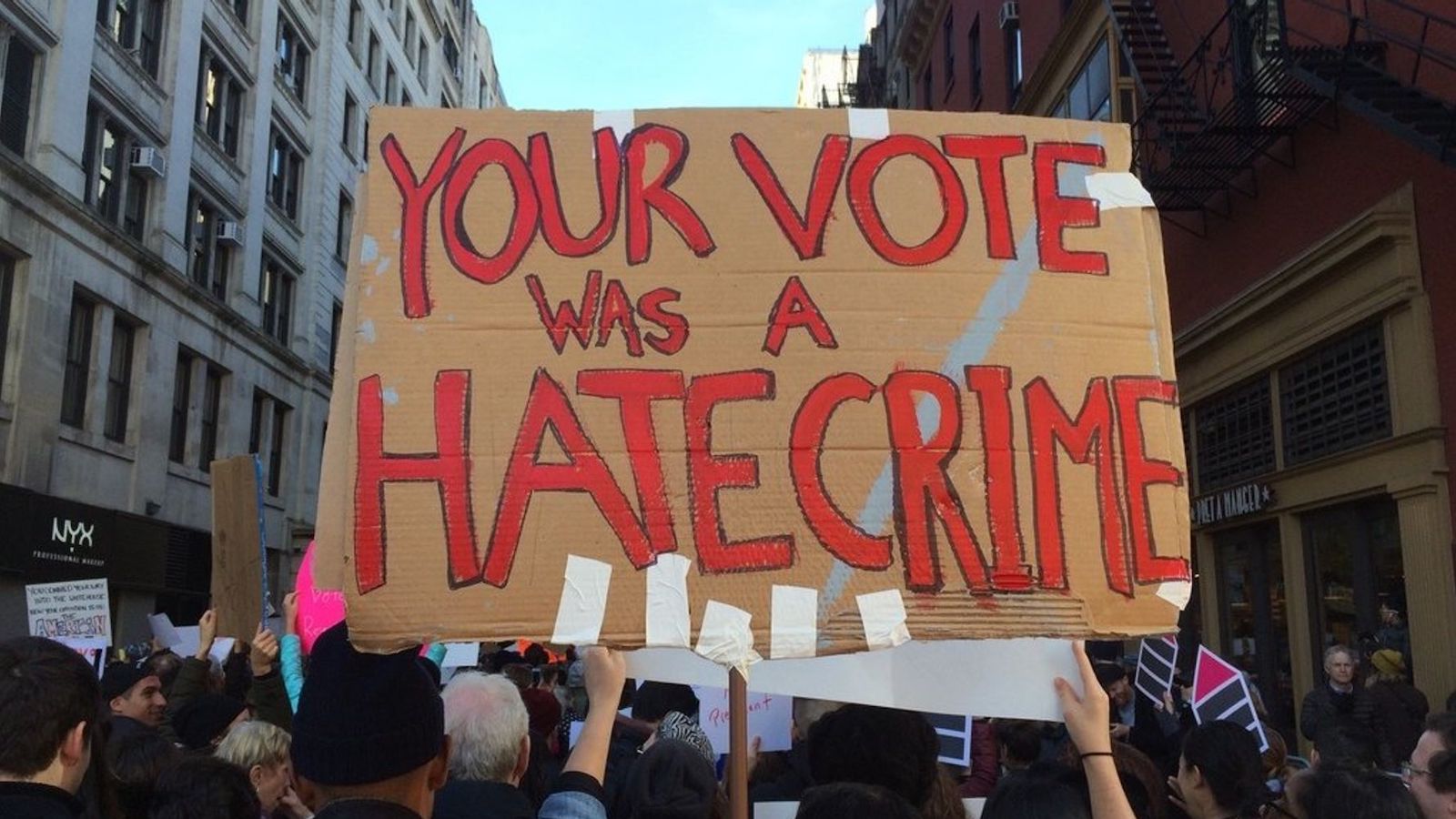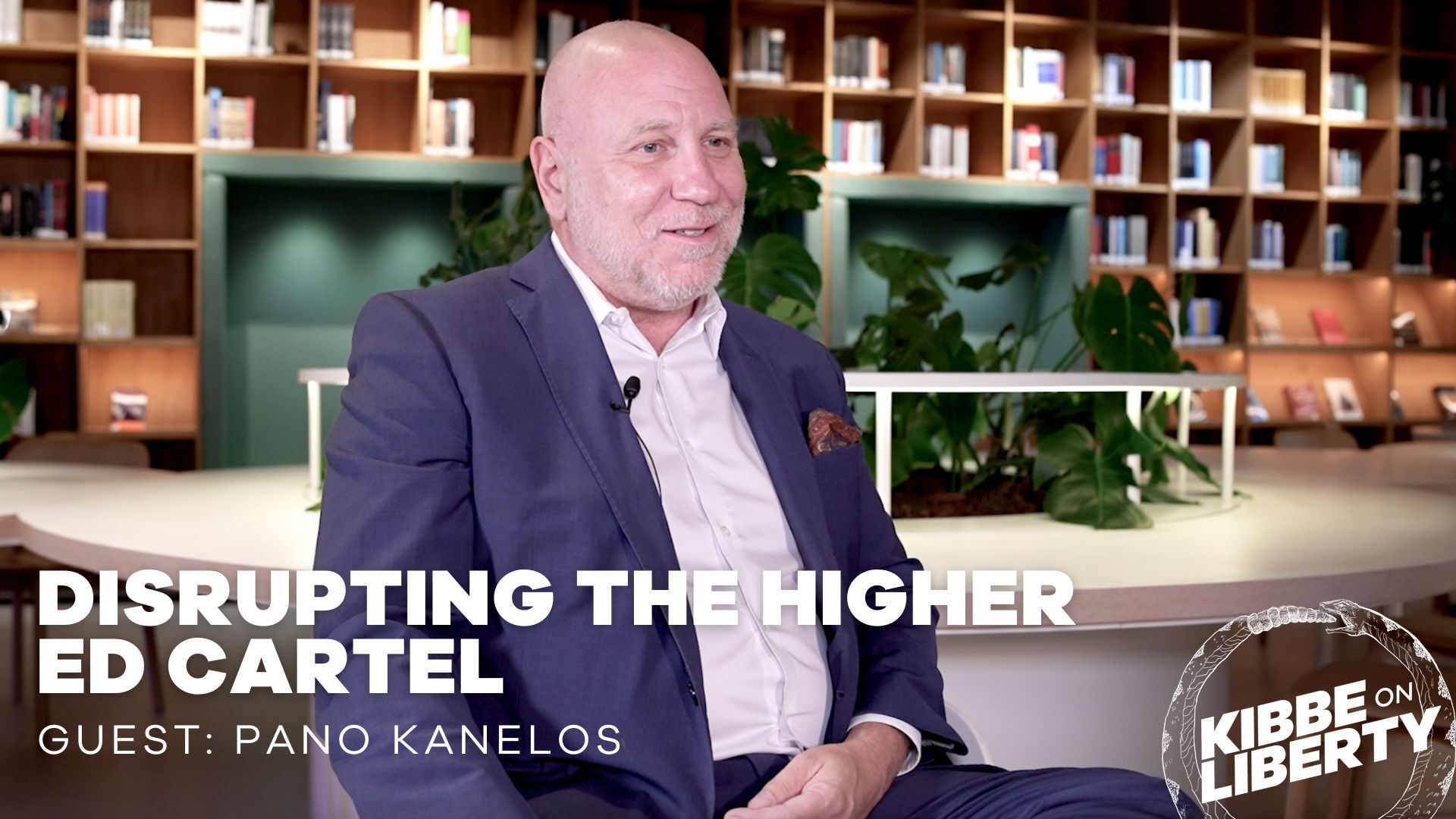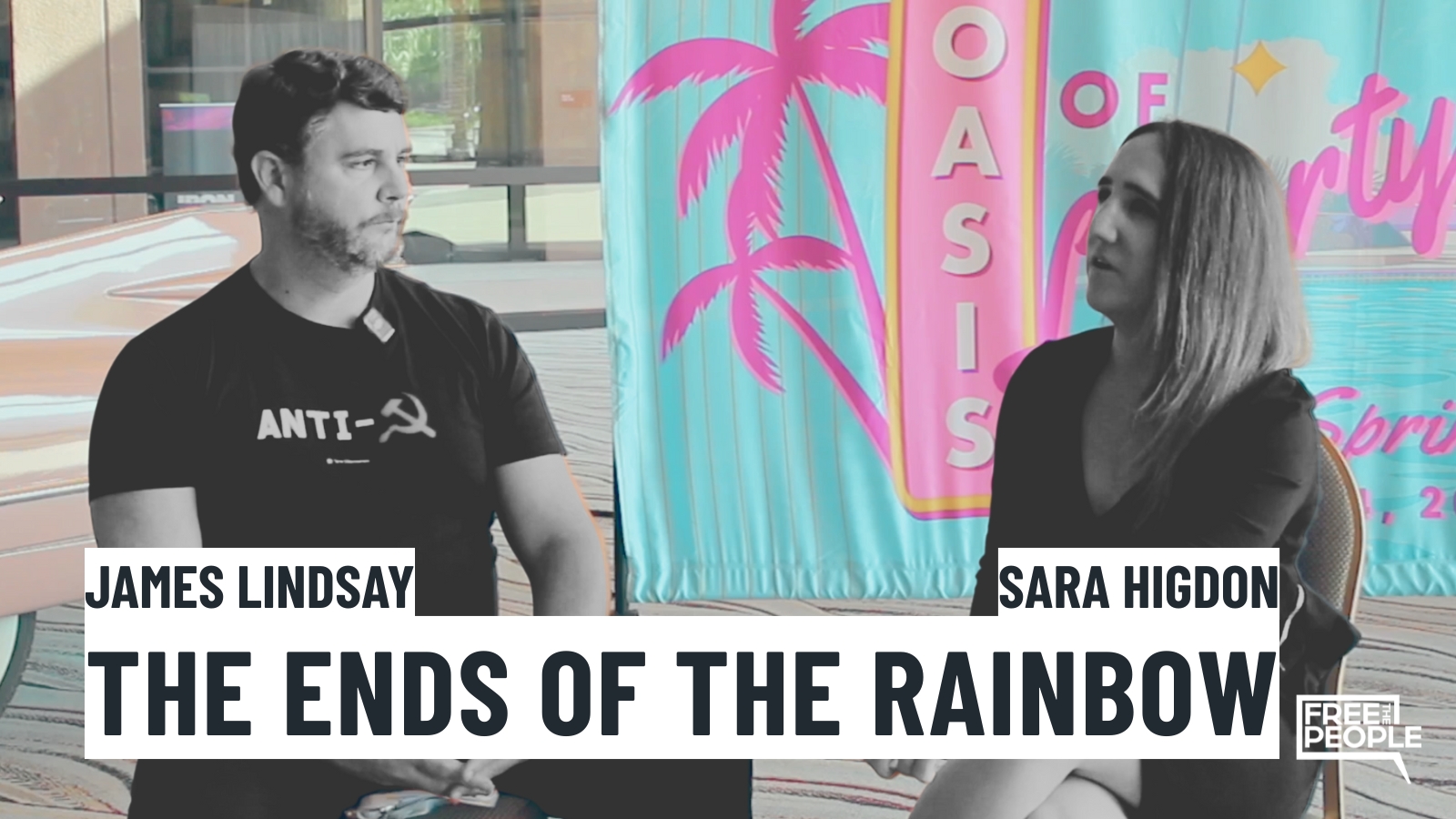
America’s Cancer: Postmodernism
By Madison Moore and Loïc Frémond
In lock-step with the far-left activists calling for the defunding of the police, representative Ilhan Omar of Minnesota recently called for the “systems of oppression [in America] to be dismantled,” accusing the United States’ economic and political systems of being institutionally racist. In response, conservative media called for her resignation, interpreting the statement as a call for the destruction of America.
In making her accusation, Omar joins the ranks of progressive political figures espousing postmodernist talking points. The fountainhead of current issues like wokeism and cancel culture, Postmodernism rejects reason in favor of “social justice” and undermines our institutions. It presents a serious threat to liberal democracy.
Originating in France during the 1960s, spearheaded by the likes of Michel Foucault, Jaques Derrida, and Jean-François Lyotard, Postmodernism is characterized by highly revolutionary political attitudes.
As the name suggests, it’s reactionary—a response both to Modernism and modernity. During the first half of the 20th century, mankind held an optimistic view of history, believing in the ability of empiricism, reason, and knowledge to achieve human progress. During the modern era, humanity exchanged superstition for science as a way to learn about the world and recognized the individual as deserving of rights.
If modernism was optimistic, then postmodernism is decidedly pessimistic. Disenchanted with authority in the post-war era, they rejected all attempts to explain history or existence with grand narratives.
Proponents like Judith Butler or Michel Foucault accused modernity of imposing a white male narrative of reality via institutionalized power structures, erasing those of women and ethnic minorities. Their aim was to replace them with smaller, personal narratives of individuals. Today, this endeavor is known as identity politics, and it’s both confusing and controversial.
Much of the confusion stems from the fact that postmodernists come equipped with their own specialized language. For example, oftentimes we hear specified phrases among postmodernist thinkers. The #MeToo movement highlighted one of its critical catchphrases more than any other: “Speak your truth.” The notion of objective narrative is thoroughly rejected when a given individual can garner the ability to “own” their truth as opposed to the truth.
Language is one of many tools in the Postmodernist arsenal to rewrite narratives and knowledge as we understand them.
Modernists believe language is a descriptive tool for interacting with an objective reality. Postmodernists disagree, arguing that everything is relative.
The implications of this is that, rather than language being a way of communicating true facts about the world, it focuses instead on a person’s relative perceptions. “The” truth becomes immaterial, replaced by “a” truth. And so, when far left critics denounce the United States as fundamentally racist, it is impossible to engage in a rational debate. Empirical evidence is rejected, favoring the narratives of marginalized communities and their lived experiences.
If objective truth no longer exists, then it becomes impossible to resolve conflict. Consequently, we’re left with endless debating—as negotiations can no longer produce fruitful agreements. Suppressing debate and understanding, we are locked into bad analyses that give offense freely with no fear of backlash.
This regime of intimidation is exactly what we’ve seen on college campuses.
Student activists often name and shame conservative lecturers on their campuses, policing their ideas and claiming any disagreement to their points of view is considered violence. They aim to silence any opposition, paradoxically, often aggressively punishing people for things they have said in good faith. Headlines about conservative speakers unable to lecture due to security concerns are unfortunately common. This is not the happenstance inconvenience of entitled ideologues; it’s the logical conclusion of a philosophy of tribalism that prioritizes power above all else.
If we’re not careful, the postmodernists will speak their language more fluently, effectively, and confusingly in our highest circles of power, and to a startling degree, we’re already seeing that happen. In order to regain the discourse of mutual respect for the opposition and the sanctity of liberty above all else, we must continually identify, decry, and replace postmodernist assumptions with those of a rational, democratic liberalism—before it’s too late.
Free the People publishes opinion-based articles from contributing writers. The opinions and ideas expressed do not always reflect the opinions and ideas that Free the People endorses. We believe in free speech, and in providing a platform for open dialogue. Feel free to leave a comment.



